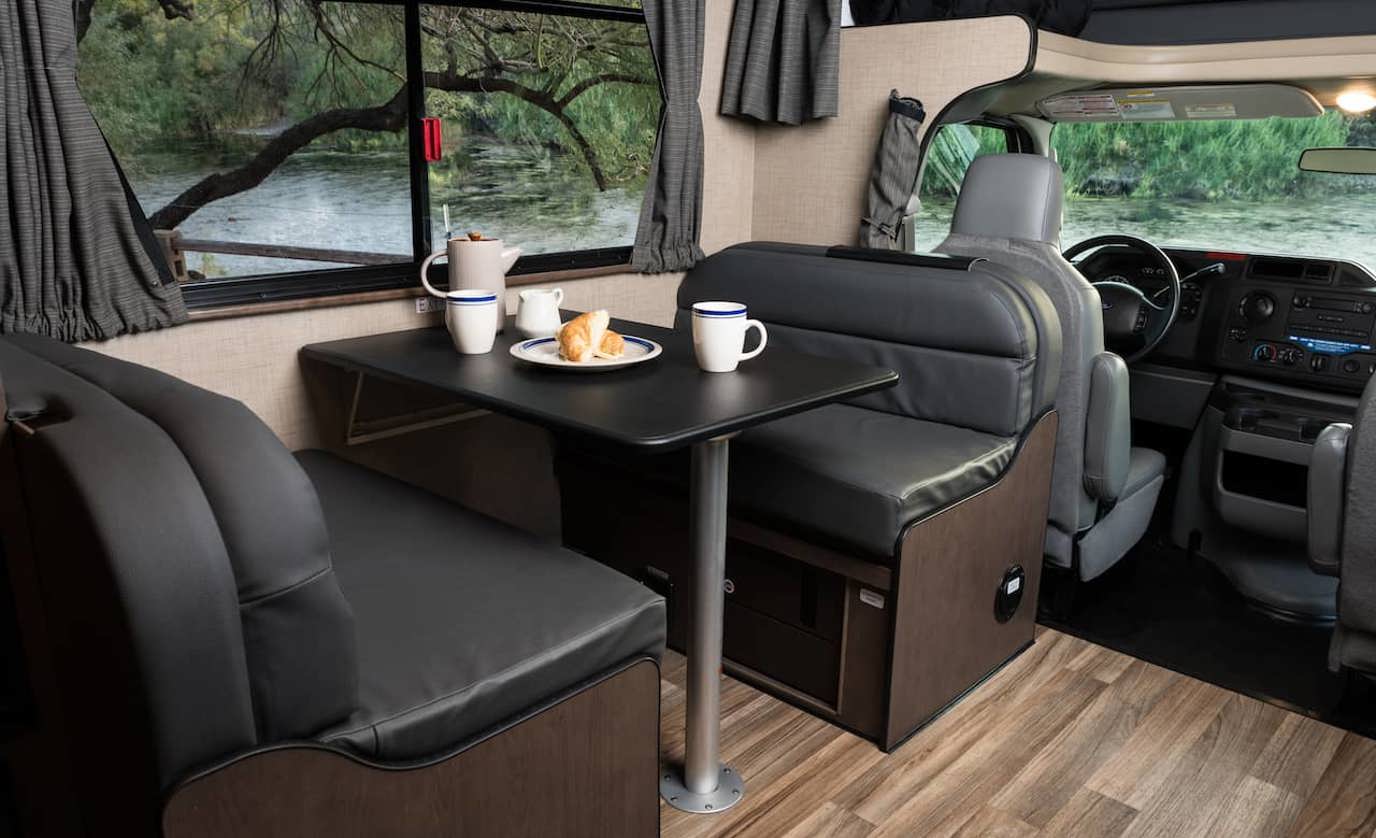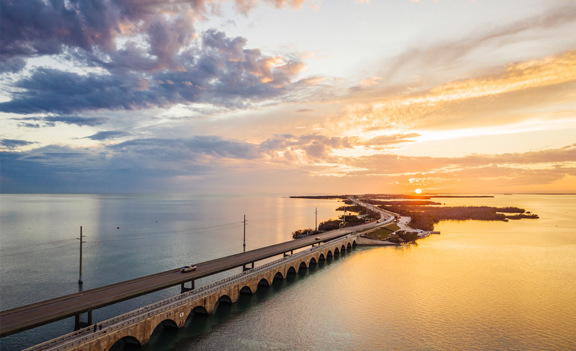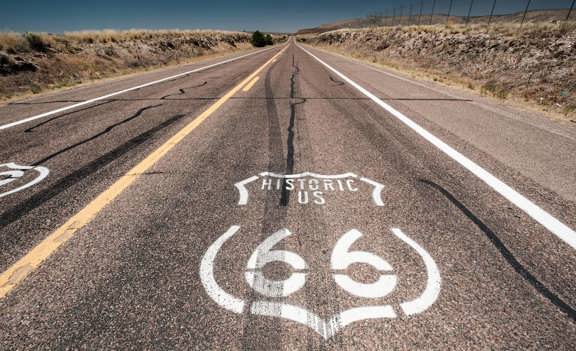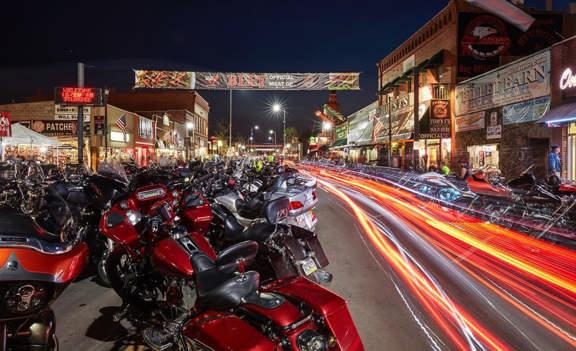
Is it better to rent or buy an RV? That is the million-dollar question adventurers ask themselves. Traveling in an RV opens up a world of adventurous possibilities. Doing so allows us to escape into the great outdoors, far away from the bustle of city life. If RV adventures sound appealing to you, then you need to decide whether to rent or buy an RV.
In this guide, we will cover the advantages and disadvantages of both options so you can decide if you want to rent or buy an RV.
Advantages of Renting an RV
Renting an RV is a suitable option if you are new to long-distance adventures. Let’s explore the advantages below:
- Saves money: Unless you plan to live in your RV, renting one makes more financial sense. The cost of a rental will depend on several factors, including its class, age, and features. Save yourself thousands of dollars before committing to a large expenditure.
- Experiment with different models: There are several RV models on the market, and unless you know exactly what you want in a selection, renting an RV is the way to go. You can rent pop-up models, truck campers, or Class A, B, and C vehicles. As you experiment with your selections, think about the features and amenities you want so you can make an informed purchasing decision.
- Try out the lifestyle: RVing isn’t for everyone. It’s a lifestyle that requires commitment, patience, and expertise. You have to deal with maintenance operations, electrical hookups, and setting up generators. Renting an RV is the best option to get first-hand experience with motorhomes without making a financial commitment.
Disadvantages of Renting an RV
Despite its conveniences, renting an RV may not be ideal if you seek complete ownership with no legal restrictions. Let’s explore the disadvantages of RV renting below:
- Restrictions: There is no way of getting around this hassle. Renting a motorhome means dealing with the terms and conditions set by your rental company. You can expect restrictions on where you can travel, how many miles you can drive, and financial consequences in case of an accident. In some cases, you may be denied financial coverage for an incident that occurs in a prohibited area.
- Additional costs for frequent trips: If you are a frequent traveler, you might end up paying more to rent an RV. Rental companies charge customers based on several factors, including costs per night, the mileage driven, and amenities included.
- No customization: There is no room for personalization if you decide to rent an RV. In other words, you are not allowed to customize the vehicle with home decorations or anything that pleases your sense of style.
Advantages of Buying an RV
Purchasing an RV opens up an opportunity for enhanced mobility and long-term flexibility. Here are some reasons to buy one:
- Unrestricted traveling: Owning an RV means being able to embark on spontaneous trips. You can load up your essentials and go on a week-long cross-country adventure. There are no fees, regulations, or time restrictions.
- You can personalize your vehicle: As the owner, you decide how you want to customize your RV. For example, you can switch out old mattresses for new ones or install a new generator. You can also install Wi-Fi for overnight entertainment. Modify your vehicle for a more pleasant traveling experience.
- It is readily available: Owning an RV means it is readily available whenever you need it. When you rent one, you have to deal with numerous logistics that can disrupt your adventure, including waiting periods and vehicle availability.
Disadvantages of Buying an RV
Despite its advantages, owning a motorhome comes with significant drawbacks that can derail your RV lifestyle. Here are some disadvantages of purchasing one:
- Maintenance concerns: Sooner or later, your RV will require maintenance repairs. Parts get worn down, the generator may need to be replaced, and your pipes can burst because of extreme weather conditions. All of these concerns can add up to hundreds of dollars in repair.
- Storage: Finding a storage location can be a difficult task. While your driveway is one option, you run the risk of potential weather damage. Plus, you need to check with your homeowners’ association to see if you can legally store your vehicle there. On average, you can expect to pay between $100 and $250 for a storage facility.
- High Investment: While prices vary depending on the type of RV, a standard option will cost between $35,000 to $300,000. Used motorhomes are an option, but you will be trading in quality for the price. Plus, these numbers don’t account for the costs of insurance or licensing.
Explore the Country With Cruise America
Whether you rent or buy an RV is up to you. Here at Cruise America, we can set you up either way. You can check out our line of RV rentals and surround yourself with the comforts of home on the road. We also offer fully-refurbished used RVs that come complete with high-quality materials. Plus, they are built to withstand harsh conditions. Experience the Cruise America difference! Contact us for more information.





